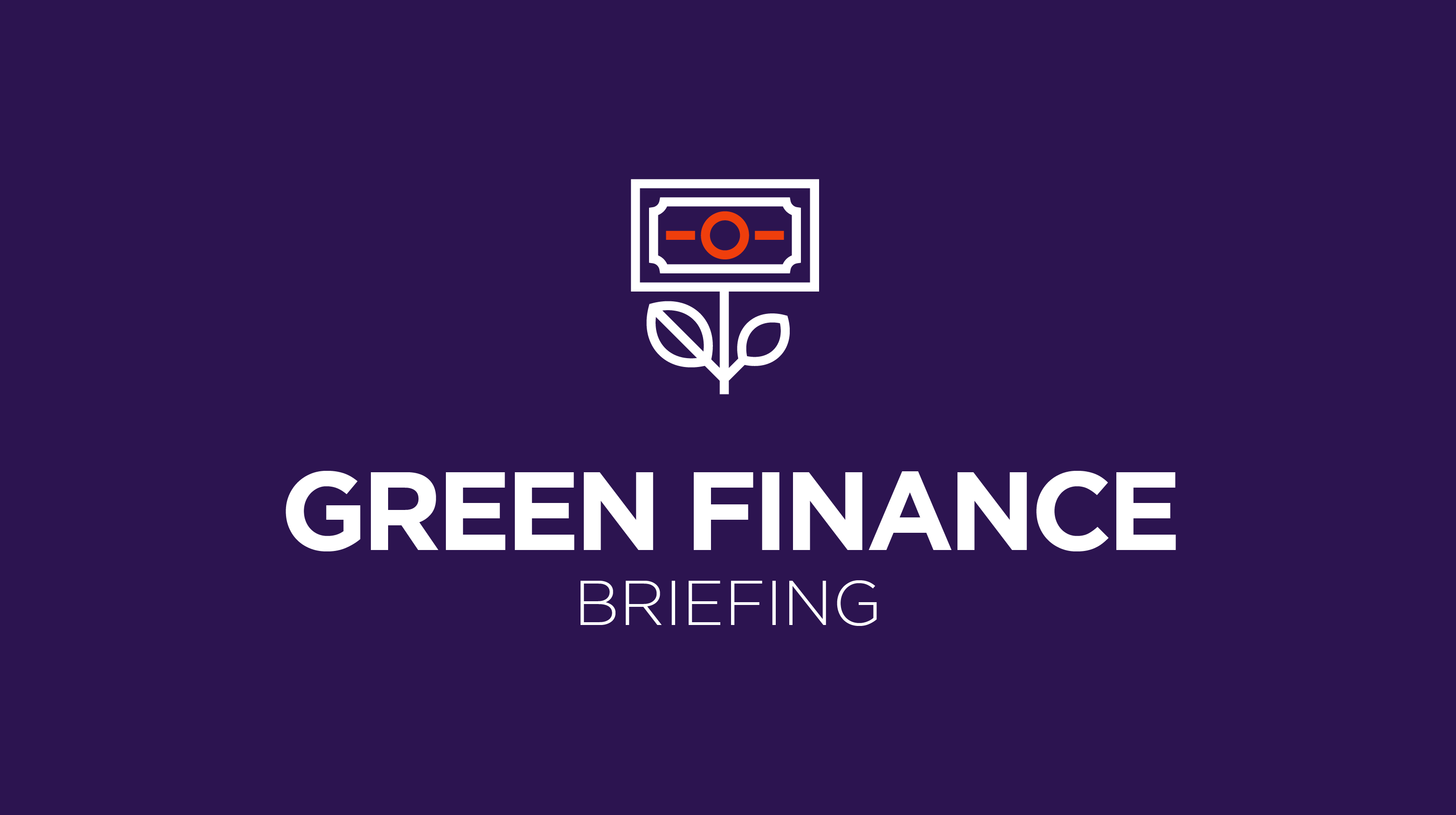Green Finance, Member Exclusive
Green Finance Briefing: The new SEC proposal and fossil fuel financing
- The SEC issued a new proposal requiring companies to begin quantifying and reporting their greenhouse gas emissions.
- This marks a step forward for embedding climate risks into business decisions, in a time when US banks are the top financiers of the global fossil fuel industry.








